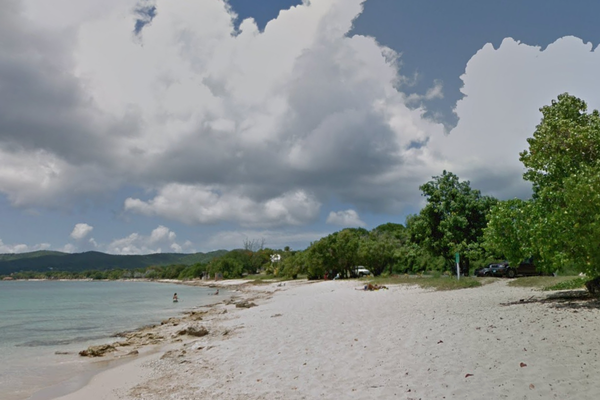
Australian-style water labelling must be introduced at pace to reduce the UK’s daily consumption of water, which is among the highest in Europe, according to experts drawing up plans to tackle drought.
Billions of pounds more are likely to be added to customer water bills to pay for investment in new infrastructure if ministers do not act soon, according to specialists drawing up plans to tackle acute water shortages in south-east England.
They also want to see a high-profile public education campaign to encourage the public to reduce their daily use of water from 142 litres a day per person to 110 litres. Failure to tackle water use will mean water shortages in the near future, they warn.

Ministers have promised to introduce labels on products such as washing machines, toilets and showers showing how efficient their water use is by 2024. But the deadline has already been pushed back, and water experts say the failure to act by government could add billions to their plans to tackle water shortages.
In Australia the use of water labelling has radically reduced water use. According to a review of labelling and standards scheme last year, 158 gigalitres of water, equal to 63,200 Olympic-sized swimming pools, was saved by it in 2022 and customers and businesses saved nearly A$1.5bn (£770m) on their bills.
The south-east and east of England face the biggest water shortages in the coming years, as droughts caused by climate breakdown and population growth stretch dwindling supplies.
Without further action, the national infrastructure commission says there is a one in four chance over the next 30 years that large numbers of households will have their water supply cut off for an extended period because of severe drought.
Experts drawing up policies to tackle water shortages over the next decades want more action from government to reduce consumer demand. The public in England and Wales uses proportionally more water than in many European countries. The government has a target for water companies to reduce per capita usage to 110 litres a day by 2050, to tackle water shortages.
Water companies across the five regions – north, west, east, south-east and the south-west – have targets to cut leaks by 50% by 2050, install smart meters and encourage customers to reduce their water use. But they say the government must act on water labelling and introduce new regulations for housebuilding to enforce water efficiency measures, in order to meet water reduction targets and save customers money.
Chris Murray, the chair of Water Resources South East, said more urgency was needed from government. “Our modelling and analysis has shown that achieving significant and sustainable reductions in water use will require multiple interventions from water companies and new government policies that embed water efficiency across society.
“Helping consumers to do this by providing more information about the water consumed by household products and removing inefficient products from the market is essential but will take time to have an impact.”
He said there was a need to raise awareness of the issues around water scarcity, the impact on the environment and how consumers could play a part in tackling shortages. “This will require a concerted and collaborative effort by a number of parties through a range of methods including public campaigns, education of future customers and improved data on household consumption that will be available from smart meters.”
The government has also promised to bring in minimum standards for all water using products by 2035 and impose new building regulations to ensure homes are water efficient by 2060. But Murray said these actions needed to be taken sooner otherwise new sources of water would be required involving extra investment of £2bn, which would be paid for by customers.
Water experts in the north, who have drawn up the water resource plans in the region, say they are reliant on government bringing in water labelling to cut individual water use in their region to the target of 110 litres per day. “The timing of wider government initiatives on water labelling and building regulations is key to reducing consumption,” their draft plan says.
Eleanor Ward, policy officer at Wildlife and Countryside Link, said the government had to step up to take the lead in tackling the impending water crisis.
“Growing water demand and worsening droughts could cause irreversible harm to precious freshwater wildlife and vulnerable rivers and streams,” she said. “Government action is needed to crack down on chronic water waste from leaky pipes, which squander 20% of our water supply, and to help reduce demand from households and businesses.”
The Department for Environment, Food and Rural Affairs said: “Clean and plentiful water is needed for every aspect of life. We have set out an ambitious programme of activities to improve water resilience in our environment improvement plan and plan for water and through the introduction of our water demand target. We are working at pace to deliver on all our commitments, which includes launching a water efficiency labelling scheme. We will publish our response this summer with a view to progress into the next stages of design ahead of its introduction in 2025.”







